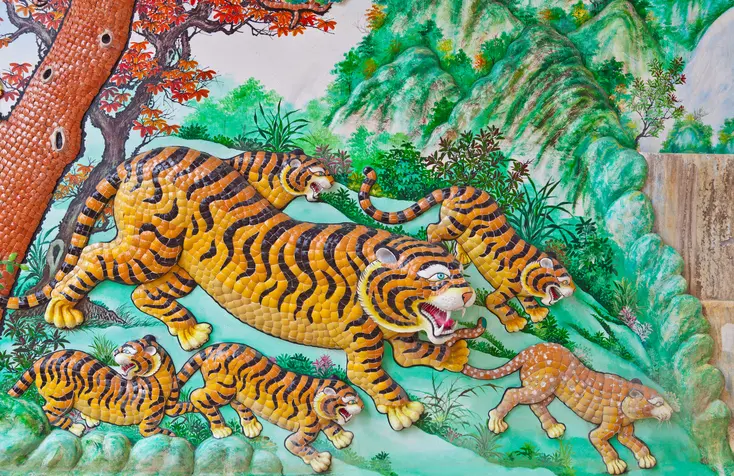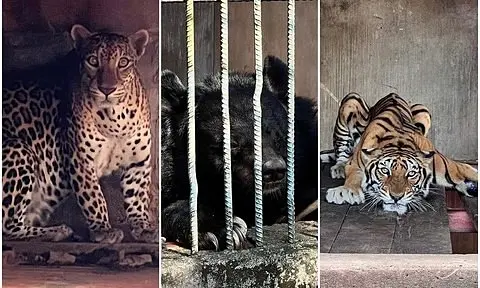Vietnam war
The Vietnam War ended 50 years ago, but its damage to tigers still lingers. Bombing and chemicals destroyed vast forests, forcing communities back to traditional medicine. Over time, tiger parts became tied to vitality, wealth, and status. Demand grew even as Vietnam’s own tigers vanished.
That demand spilled into Malaysia, where Malayan tigers were hunted as Vietnamese migration created hidden links between the two countries. War refugees became workers in palm oil and timber, and some shifted into poaching. Organized trade routes followed, carrying tiger skins and bones into black markets. The result: Malaysia’s tiger population collapsed to fewer than 200.
Vietnam and Malaysia now claim to fight trafficking with stronger laws and partnerships. But the same forces that once destroyed forests — poverty, prestige, corruption — still fuel the tiger trade. The Vietnam War changed ecosystems, but people chose greed. The future depends on whether Vietnam and Malaysia dismantle the tiger trade their shared history helped unleash.
The Vietnam War article
Based on The Good Men Project, USA
Photo via The Good Men Project.
Source: The Good Men Project
Photo: The Good Men Project






